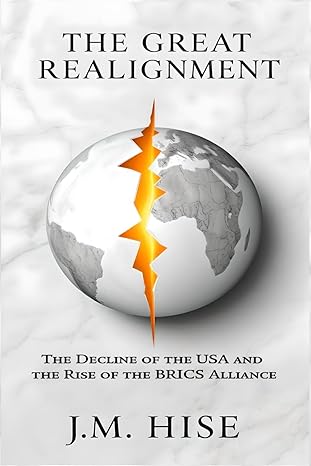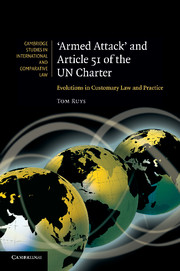The fall of communism in Europe is now the frame of reference for any mass mobilization, from the Arab Spring to the Occupy movement to Brexit. Even thirty years on, 1989 still figures as a guide and motivation for political change. It is now a platitude to call 1989 a "world event," but the chapters in this volume show how it actually became one.
The authors of these nine essays consider how revolutionary events in Europe resonated years later and thousands of miles away: in China and South Africa, Chile and Afghanistan, Turkey and the USA. They trace the circulation of people, practices, and concepts that linked these countries, turning local developments into a global phenomenon. At the same time, they examine the many shifts that revolution underwent in transit. All nine chapters detail the process of mutation, adaptation, and appropriation through which foreign affairs found new meanings on the ground. They interrogate the uses and understandings of 1989 in particular national contexts, often many years after the fact. Taken together, this volume asks how the fall of communism in Europe became the basis for revolutionary action around the world, proposing a paradigm shift in global thinking about revolution and protest.
چکیده فارسی
سقوط کمونیسم در اروپا اکنون چارچوب مرجع برای هرگونه بسیج توده ای، از بهار عربی گرفته تا جنبش اشغال تا برگزیت است. حتی پس از سی سال، سال 1989 هنوز به عنوان یک راهنما و انگیزه برای تغییر سیاسی به شمار می رود. اکنون نامیدن سال 1989 یک "رویداد جهانی" امری نادرست است، اما فصول این جلد نشان می دهد که چگونه این رویداد واقعاً به یک رویداد تبدیل شد.
نویسندگان این نه مقاله در نظر دارند که چگونه وقایع انقلابی در اروپا سالها بعد و هزاران مایل دورتر طنین انداز شدند: در چین و آفریقای جنوبی، شیلی و افغانستان، ترکیه و ایالات متحده آمریکا. آنها گردش افراد، شیوهها و مفاهیمی را که این کشورها را به هم مرتبط کرده و تحولات محلی را به یک پدیده جهانی تبدیل کرده است، ردیابی میکنند. در همان زمان، آنها تغییرات زیادی را که انقلاب در ترانزیت متحمل شد، بررسی می کند. هر نه فصل به جزئیات فرآیند جهش، انطباق و تصاحب می پردازد که از طریق آن روابط خارجی معانی جدیدی در زمین پیدا می کند. آنها کاربردها و درک سال 1989 را در زمینه های ملی خاص، اغلب سال ها پس از این واقعیت، مورد بازجویی قرار می دهند. در مجموع، این جلد می پرسد که چگونه سقوط کمونیسم در اروپا مبنایی برای کنش انقلابی در سراسر جهان شد و یک تغییر پارادایم در تفکر جهانی درباره انقلاب و اعتراض را پیشنهاد کرد.
ادامه ...
بستن ...
- ISBN-10 : 9633862833
- ISBN-13 : 978-9633862834
ادامه ...
بستن ...
![The Long 1989: Decades of Global Revolution[2019] - Orginal PDF The Long 1989: Decades of Global Revolution[2019] - Orginal PDF](https://dl.libsan.ir/images/1/12/23_63b73a03e9cbc.jpg)









